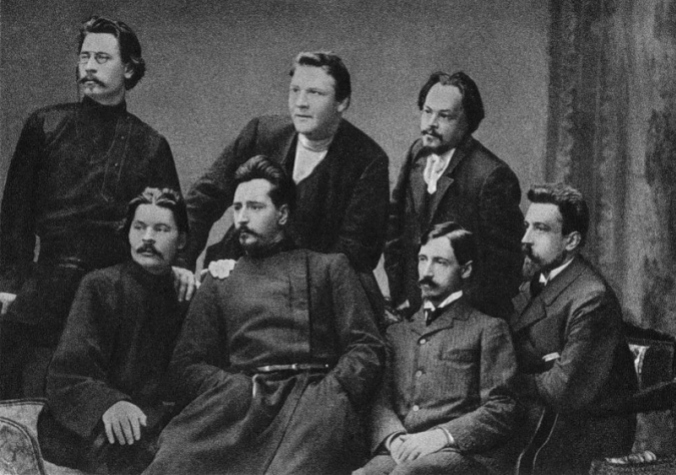Just the other day, I finished a first draft of a piece I was working on and thought to myself, This is pretty darn good. I brought that piece to my writing group a week later, and after fifteen minutes of critiquing, I was reminded of this fact:
The first draft is never, ever good enough.
Little reminders like this are why writing groups are so valuable. Writing alone and never sharing anything with anyone works for some people, but if you want to write professionally, that’s not really an option. Somebody’s going to read your work, whether that be family members, beta readers, or your editor. And, as solitary as writing can be, sometimes it’s nice to get some outside input.
The writing group I’m a member of meets in Boulder every two weeks. Though we all write speculative fiction, everyone brings a differing perspective; we’ve got a pharmacist and mother of two, a couple retirees, a computer programmer, a landscaper, a guy who sells fruit in the midwest for four months out of the year so he can write for the other eight.
It’s these unique personalities that make our critique sessions so beneficial. For example, we’ve got one member who can find something to like in every piece and another member who can, without fail, pinpoint exactly what isn’t working.
Having these diverse perspectives in a writing group is key. “I liked it” is great and it makes you feel good, but it doesn’t improve your piece. Likewise, “You need to change everything because I hated it” doesn’t give you much to work with, either. The best writing groups are specific with feedback and judicious with both praise and criticism.
In addition, you’ll find that your fellow writers tend to have unique backgrounds that can help you out. The programmer in our group, for instance, challenged me on a character description in one of my stories: “The man who lived in A-2 looked like he’d just gotten home from work. Probably worked at a software company, from the look of his clothes; white and blue checkered shirt, along with a red tie and black pants.”
That’s a bit of a stereotypical description for someone in the computing field, now that I look at it. At the time I was writing it, however, I thought nothing of it. Good thing the folks in my writing group had my back!
Which brings me to my next point, the fellow writers in your group will see everything in your piece that you didn’t. They’ll see the inconsistencies that you missed, the subplot you forgot to resolve, even that killer theme that you didn’t realize you’ve woven into your narrative. It’s because writers often get too close to their work, to the point that they don’t even see the fine details anymore.
Writing groups can be hard to find, however, especially if you live in a small town. I found my group through Meetup.com, which has a whole category for writers. There’s also Codex—I’ve never used it, but I understand it’s an online community for writers. However, Codex does require that its members meet certain criteria, and it’s a specifically speculative fiction community. If you don’t meet the requirements or aren’t writing in a speculative genre, you might try a similar community like WritersCafe.
Also, Googling “writing groups” works pretty darn well, too.
So get out there, meet some fellow writers, and share your work. I think you’ll be pleasantly surprised with the results.



